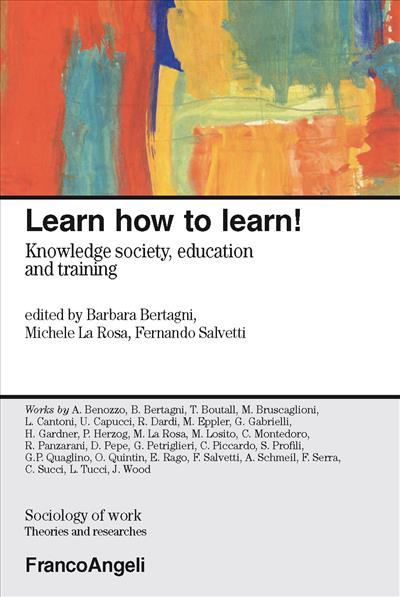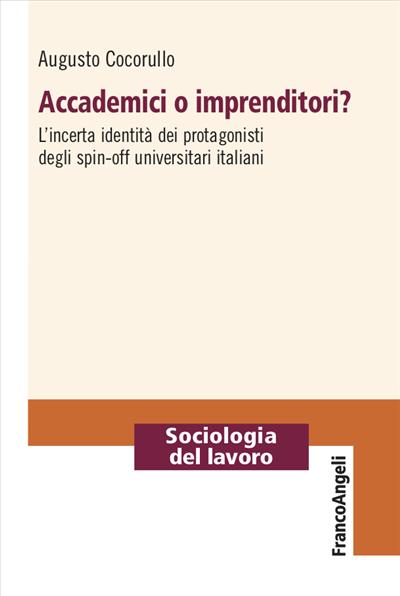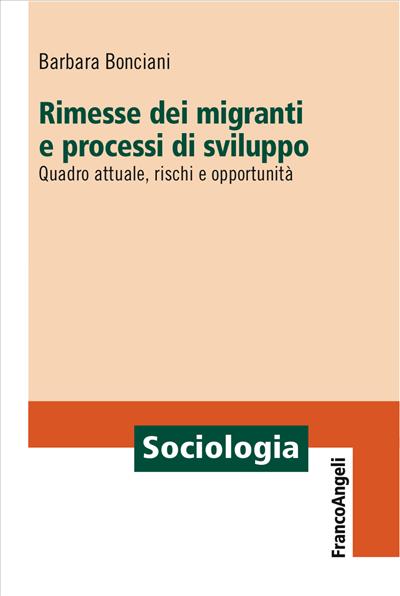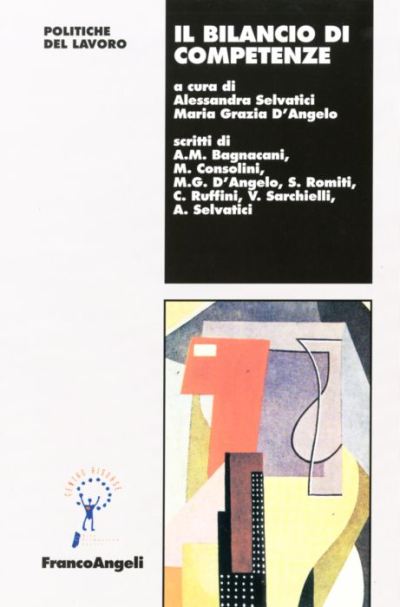
A cura di: Barbara Bertagni, Michele La Rosa, Fernando Salvetti
Learn how to learn! Knowledge society, education and training
To be successful, people need to be able to master skills quickly in a new field. In brief: to learn how to learn. The learning process is much more important than the content learned. In the proximate future, managerial work will be characterized by human and intellectual resources development: organizational knowledge creation, competences and abilities management and development in order to spread them inside/outside organizations and transform them into products, services and operative systems.
PDF con DRM
33,99
PDF con DRM
33,99
Pagine: 352
ISBN: 9788856808735
Edizione:1a edizione 2010
Codice editore: 1529.2.107
Possibilità di stampa: No
Possibilità di copia: No
Possibilità di annotazione: Sì
Formato: PDF con DRM per Digital Editions




